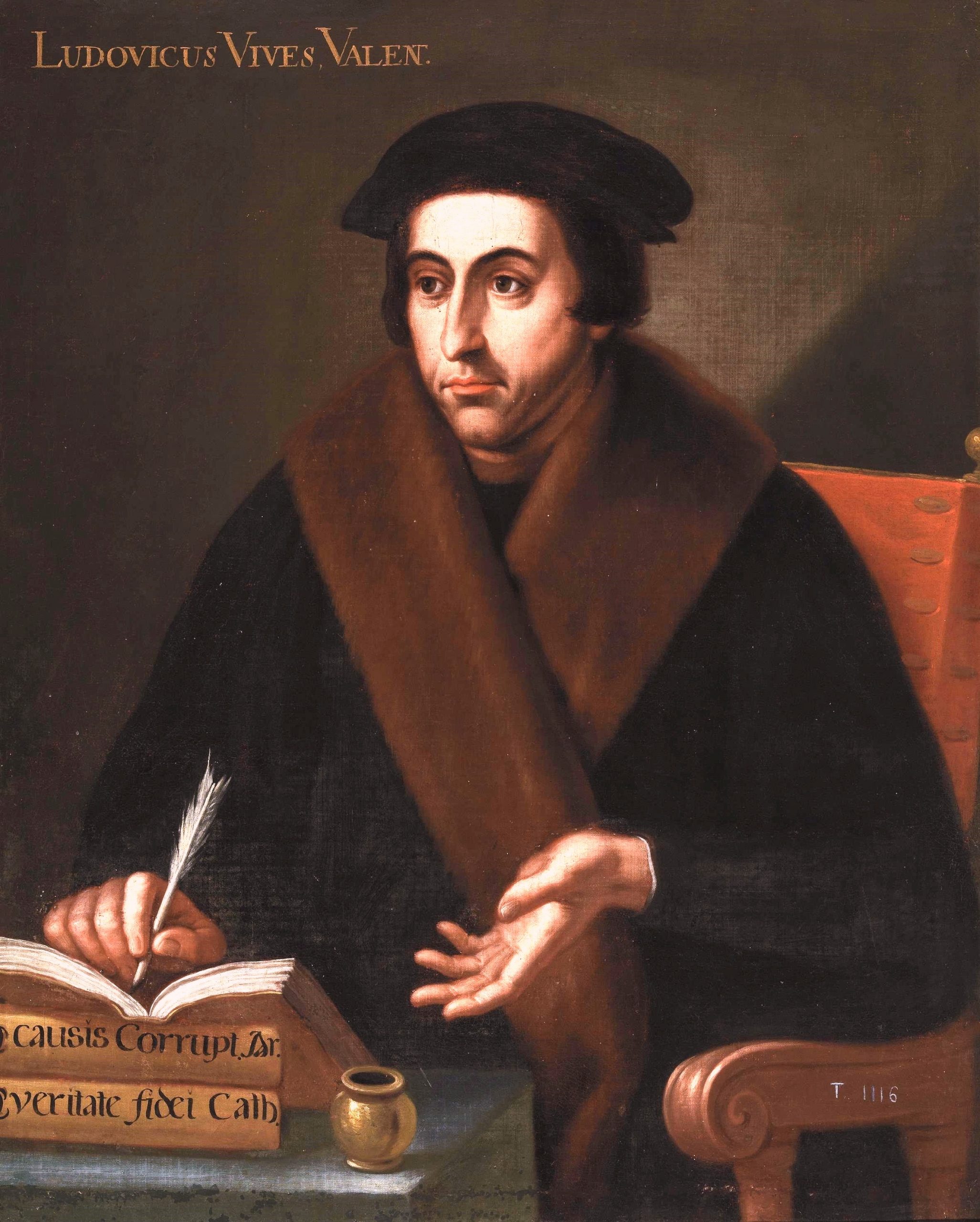IMAGINE for a moment an individual who witnessed his family burned at the stake for their beliefs.
Then, rather than seek revenge, have the fortitude to dedicate his life to a culture of tolerance, learning and a study of the human soul.
That person would later shape some of the world’s most influential psychologists and philosophers… a man who assumed the moniker as perhaps ‘the world’s most influential advocate for humanistic learning’.
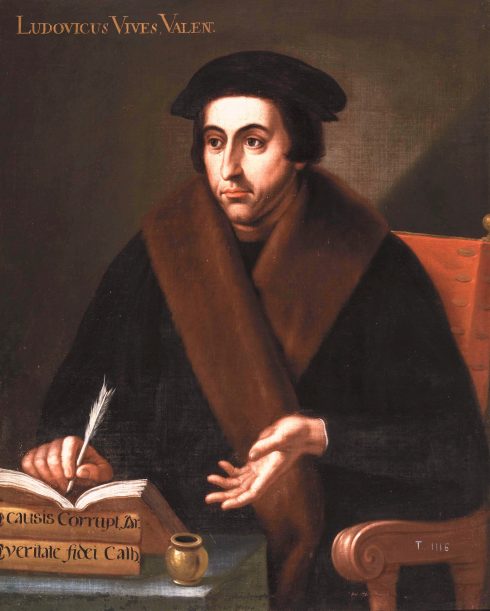
What follows is the relatively unknown backstory of a Spanish scholar named Luis Vives.
Vives was born in Valencia, in 1493, during the dark chapter known as the Spanish Inquisition. Most of his extended family were executed (burned at the stake) as ‘crypto-jews’ or jews who were suspected of having a secret adherence to Judaism rather than Christianity.
Orphaned, he attended the University of Valencia – a prestigious Medieval school that emphasized dialectic reasoning, metaphysics, debate, and diplomacy.
In his studies he discovered the works of Aristotle and the intellectual movement that began to dominate the educational thrust of the earliest European universities.
After graduation he left Spain – never to return – first studying in Paris (1509-1512), followed by a professorship at the University of Leuven, Belgium.
From there, he often traveled to England where he established strong ties to Oxford University and the court of Henry VIII and fellow Spaniard, Catherine of Aragon.
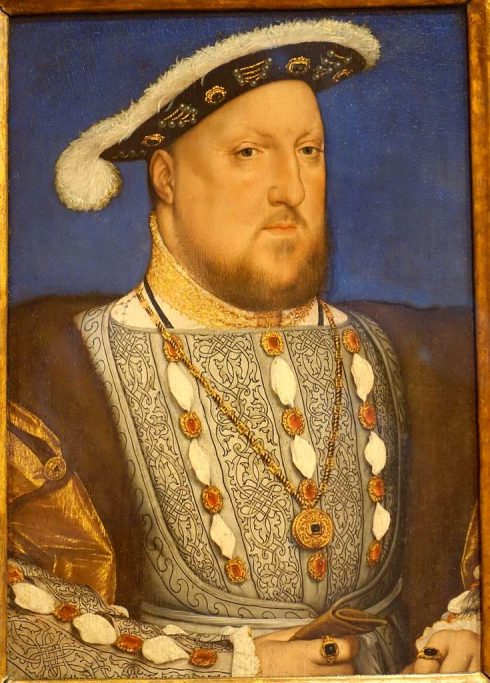
He later became the personal tutor to their only surviving child Princess Mary, teaching her Latin, French, Spanish, Greek and the philosophy of the ancient Greeks.
Impressed by his tutelage, Catherine commissioned The Education of a Christian Woman which was one of the first books advocating education for women of all classes.
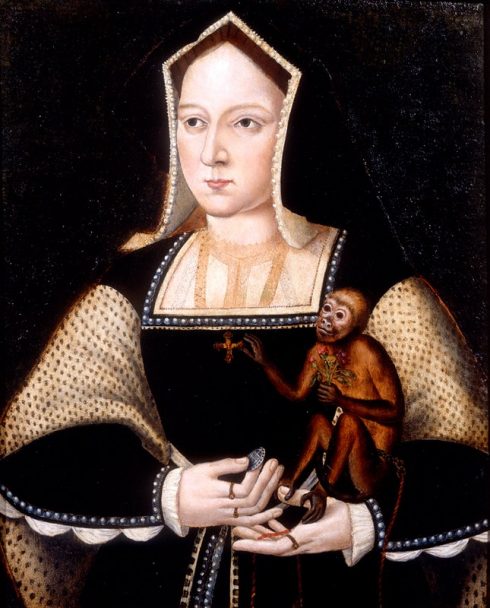
It became the most authoritative pronouncement to date for universal education for women and his writings brought him close to British Humanists such as Sir Thomas More.
However, he would fall out of favor with Henry VIII by siding with fellow countrywoman Catherine over the matter of divorce.
Vives returned to the University of Leuven where he commiserated with friend Erasmus – the infamous Dutch philosopher considered the greatest scholar of the ‘Northern Renaissance’.
Over the centuries Vives’s works have been viewed as the gold standard on the principles of education for women, the study of the soul and its interaction with the body and its ethics and emotions.
Collectively, Vives and Erasmus combined these elements into what has been called ‘Aristotelian Christianity’.
Along with personal, life-long associations with many of the great thinkers of his time, Vives directly influenced many of the great scholars in the centuries that followed.
Most influential philosophers (Rousseau, Sartre etc.) and psychologists (Freud, Jung, etc.) made references to his works and his beliefs on the soul and the human psyche, plus emotions, memory and learning are key tenets in how modern psychology is perceived today.
Indeed, Luis Vives, who died in 1540, is often highlighted as ‘the father of modern psychology and the grandfather of psychoanalysis’.
*****
Did You Know?
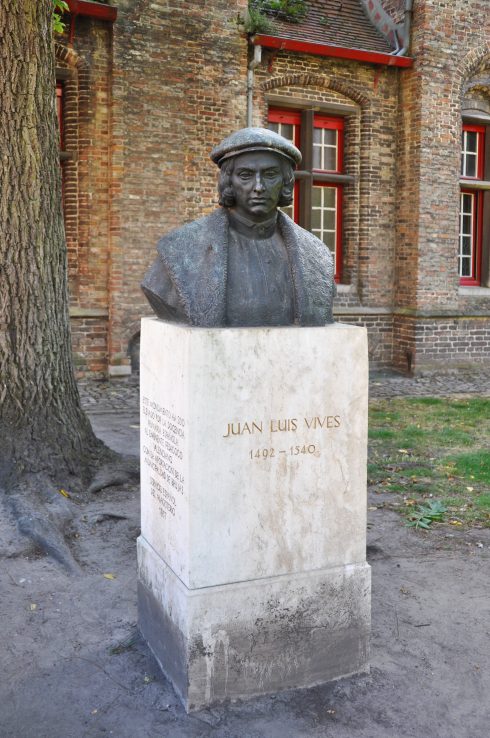
- Princess Mary, Vives’s precocious pupil while in England, would later become known as Bloody Mary or Mary Tudor. She ruled as Queen of England from 1553 to 1558. In a complicated turn of events, Mary would also rule as Queen of Spain with her marriage to King Phillip II.
- There are monuments to Luis Vives in many centres of learning throughout Europe. Statues can be found in Bruges, Brussels, Paris, Madrid, Heidelberg, Rotterdam and perhaps most meaningful, in the library courtyard at the University of Valencia.
READ MORE:
- LONG READ: Jack Gaioni reveals the fascinating story of Lola Montez, the fake Spanish dirty dancer who captured a…
- Jack Gaioni explores the horrors of a Civil War concentration camp and Franco’s grip on the Spanish press
- Life is Easy with Eyes Closed… (But opened for John Lennon in Spain’s Cabo de Gata!)
Click here to read more Jack Gaioni: Jack's Corner News from The Olive Press.

